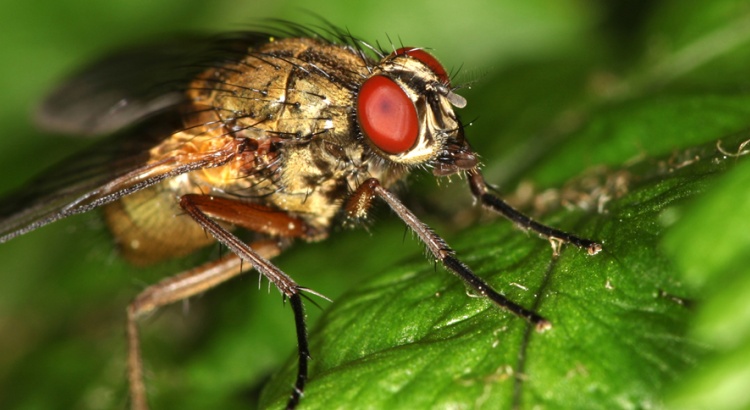
With non-pesticide methods of farming perceived as ineffective, a Norwegian farmer has taken destiny into his own hands to combat the D. radicum ‘cabbage fly’ that destroys Brassica crops including cauliflower, broccoli and cabbage.
Svein Lilleengen has spent over 20 years researching D. radicum and has developed Fertibug – a solution designed to repel cabbage flies without killing them or using toxic chemicals.
D. radicum flies lay their eggs close to these plants and, when hatched, the migrating larvae feed off the root of the vegetable to grow.
Farmers and gardeners in Europe, the US and Russia have long battled with the cabbage fly, which, if left untreated, can destroy up to half of their crop.
EU bans pesticides
Historically, this has been particularly problematic for Scandinavians who operate under strict guidelines around pesticides and use organic methods, but as the rest of Europe grapples with new EU regulations, which will ban the use of around 20 different pesticides, there has never been a more urgent time for scientists to discover and promote alternative technologies to support farmers in combatting crop infestation.
This week, the European Commission have banned two endocrine-disrupting weed killers that have been linked to thyroid cancer, infertility, reproductive problems and foetal malformations.
Saving money and time
Following two decades of research and development, and supported by funding through the EU´s Seventh Framework Programme, Lilleengen developed a solution that repels cabbage flies without killing them or using toxic chemicals.
Fertibug is a cost-effective, less labour-intensive alternative to current practices (such as using various kinds of nets to keep the flies away), which has yielded fantastic results in its trials.
“New ways of protecting the crops without harming the environment or people’s health had to be developed,” Lilleengen explains.
Combining a solid fertiliser based on the fibrous byproducts of biogas production with an algae that the flies cannot stand, Fertibug nourishes plants at the same time as protecting them.
As one of the farmers involved in Lilleengen’s tests remarked: “I’ve never had a crop of cabbages so beautiful as the plot treated with FertiBug pellets”.
Yields great results
Field trials in Spain and Hungary demonstrated a 100 per cent repellent effect. Consequently, Spanish crops of Savoy cabbage saw a 50 per cent increase in yield per hectare, and the Hungarian fields were between 20 and 80 per cent more productive.
Lilleengen hopes that this sustainably-produced, environmentally friendly and effective solution will appeal to both organic and traditional farmers across Europe as they contend with the new EU restrictions on pesticides.
